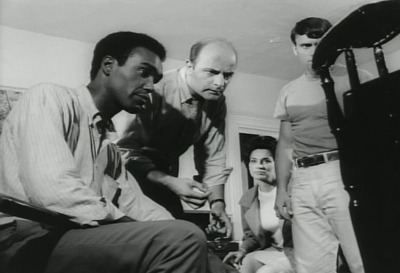
The Casual Disadvantage
I had two interviews this month. I prepared loads for them and didn’t get either position. I want full-time university work and promotion prospects. I also want my teaching to be better.
What difference does it make whether you are part time or full time? Quite a lot, actually. As Ema Ushioda put it in the latest TEFLology podcast (2018):
“Because teachers working with a group of students, they know their students and they get to know their students better over the course of study. I think what would be important would be as a teacher – certainly as a teacher I always want to do this – is to get to know my students individually, try to understand where they are coming from and try to understand what motivates them and what doesn’t motivate them.”
So, if you work every hour teaching in a part-time, precarious position, do you get to know your students and understand their needs as much as someone with more time to meet with students freely in office hours rather than someone rushing between classes with little time for pastoral issues or consultation than the transition time between classes which is often not enough time for much to happen. There’s also a lot less time to reflect on the needs of students in our classes if we are working in precarious positions due to the need to keep up with other classes due to a larger teaching load, as well as keeping up with general CPD and also, possibly more importantly, the constant search for newer, better paid, more stable work.
So, what can we do?
In my context, there’s not a lot being done by unions, because not many people are in unions because I imagine that a lot of us are reluctant to declare to supervisors or deans of admin that we are unionised because it could mark us as trouble. There’s not a lot being done at all, formally, other than the whispers in the teachers’ room that university X pays badly, Y has poor conditions or seeks its pound of flesh for the money they pay, and Z only takes people on for two lectures a day so it’s hard to make up the work (and therefore money) elsewhere. This can be tiring, and also tiresome because there should be an end in sight to it but all too often there isn’t.
However, just imagine greater stability, not needing to carryquite so much information around in our heads due to a lower teaching load and with time to get things done. Imagine the greater contentedness in teachers’ rooms. More importantly, imagine the greater contentedness in classrooms from not only the teachers but also students feeling appreciated and listened to because their teachers are not harried, hurried and hustling to get by.
References
TEFLology (2018) TEFL Interviews 45: Ema Ushioda on Motivation. Retrieved September 28th 2018 from https://teflology-podcast.com/2018/09/26/tefl-interviews-45-ema-ushioda-on-motivation/